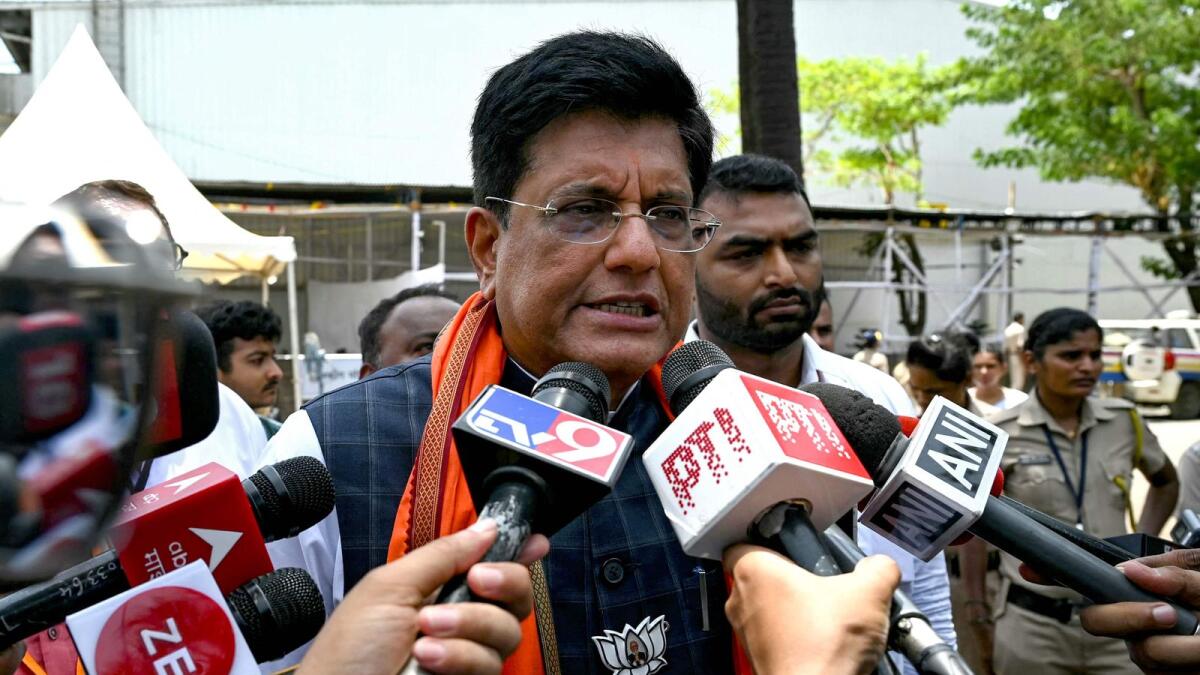In a recent development, India’s Commerce Minister, Piyush Goyal, raised concerns about the business practices of e-commerce giant Amazon, accusing the company of using its investments in India to cover business losses. Goyal highlighted the issue of predatory pricing practices by Amazon and other e-commerce companies, stating that the rapid growth of the sector should not disrupt the operations of millions of traditional brick-and-mortar stores in the country.
Amazon and Walmart’s Flipkart have significantly impacted India’s retail landscape by investing billions of dollars to expand and attract consumers to their platforms through lucrative discounts. However, Indian regulations restrict Amazon and Flipkart from directly stocking goods and selling them to consumers, allowing them to only operate as marketplaces for other sellers. Despite these regulations, small retailers have raised concerns about the circumvention of rules through complex business structures.
While Goyal did not provide concrete evidence to support his claims against Amazon, he pointed out that the company’s billion-dollar investments in India may be linked to predatory pricing practices. He questioned the purpose of such investments, given that Amazon is not allowed to sell directly to consumers in India. Amazon and Flipkart have not yet responded to these allegations, but in June last year, Amazon announced plans to invest $26 billion in India by 2030, with a focus on its cloud business and merchandise exports.
Goyal has previously criticized U.S. e-commerce giants for leveraging their scale and access to capital to the disadvantage of small mom-and-pop stores in India. A 2021 Reuters report revealed that Amazon had assisted a select group of sellers on its Indian platform, offering them discounted fees and potentially bypassing foreign investment laws. Amazon had denied any preferential treatment to sellers and assured compliance with local laws, despite two major sellers facing allegations being removed from its platform.
In response to the concerns raised by Goyal and ongoing antitrust investigations, Amazon and Flipkart continue to deny any wrongdoing. Goyal emphasized the need for accountability and transparency in e-commerce practices, highlighting the creation and closure of entities to evade scrutiny. The situation underscores the complex dynamics of the e-commerce sector in India and the challenges posed by balancing the interests of online platforms and traditional retailers. The outcome of the investigations and regulatory measures will likely have significant implications for the future of e-commerce in India.











